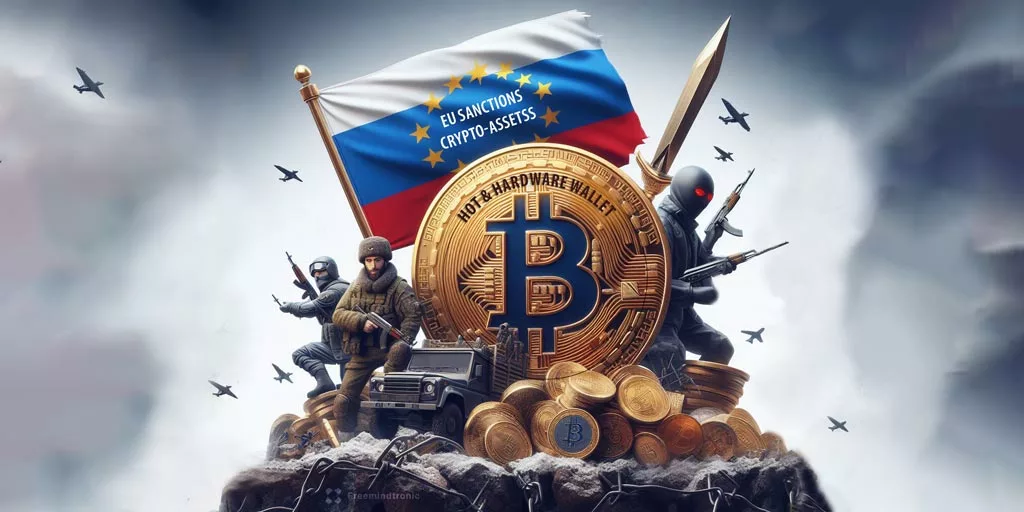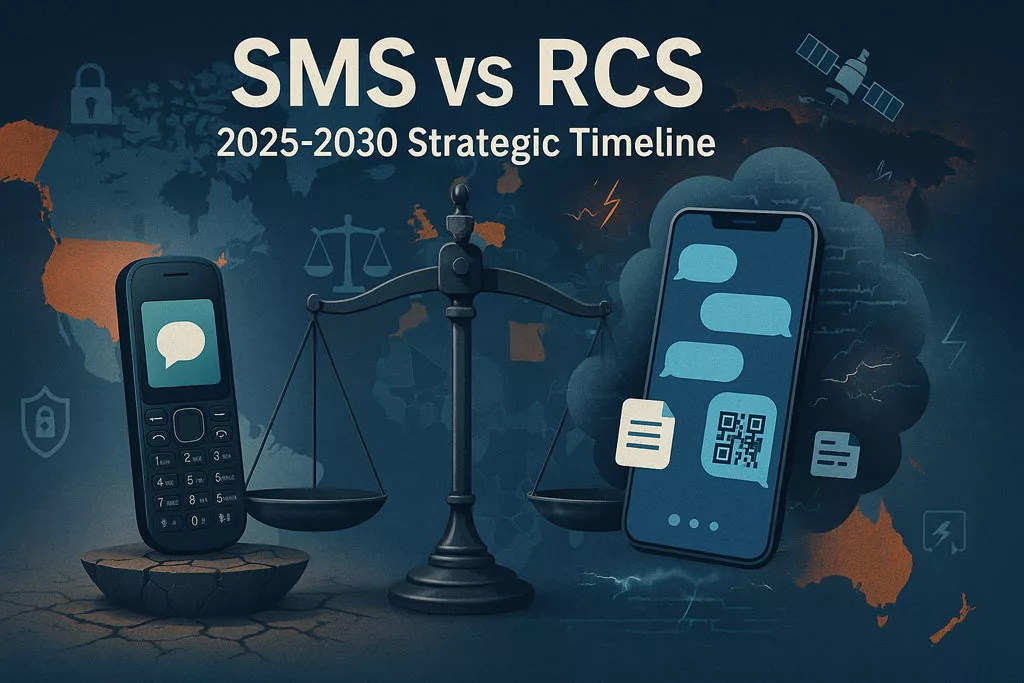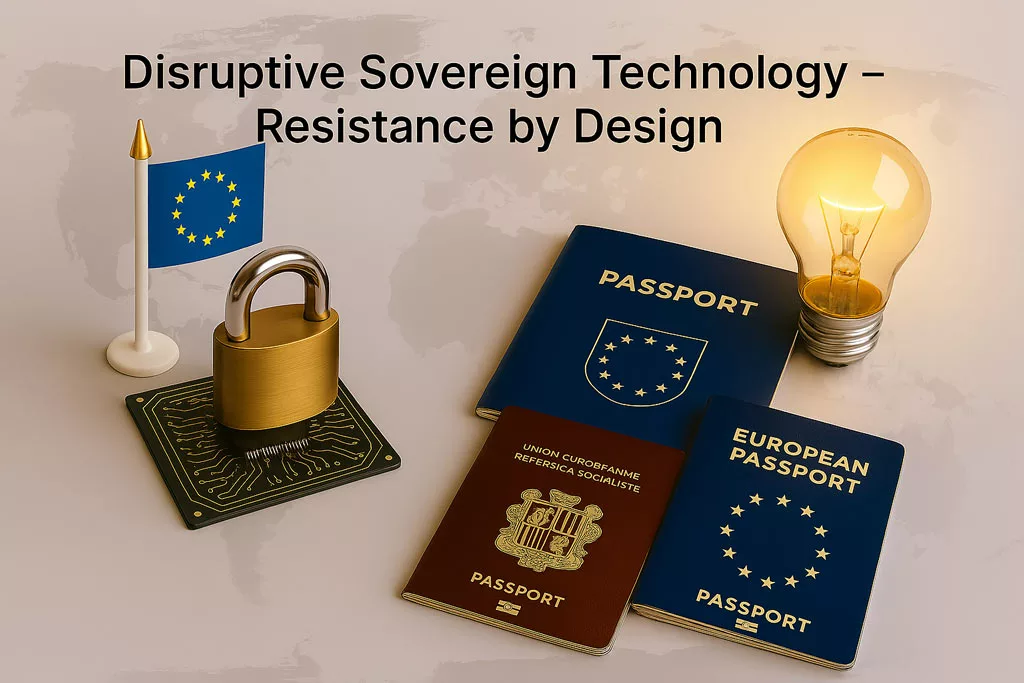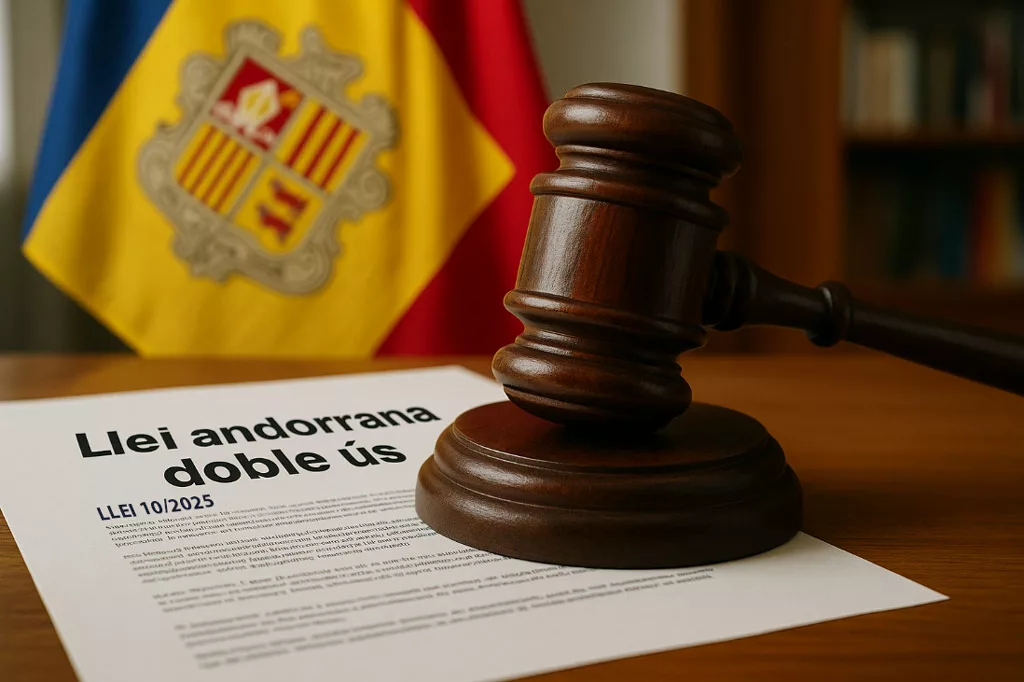2024, Crypto Currency, Cryptocurrency, Cyberculture, Legal information
EU Sanctions Cryptocurrency Regulation: A Comprehensive Overview
EU Sanctions Reshape Crypto
EU Sanctions Cryptocurrency, setting a global precedent. This regulatory overhaul aims to curb evasion and unify enforcement, enhancing transaction transparency. Dive into the EU’s strategic measures to fortify its financial system against the misuse of digital currencies.
Stay informed with our posts dedicated to Cyberculture to track its evolution through our regularly updated topics.
EU Sanctions Cryptocurrency Regulation: A Comprehensive Overview
The EU is stepping up its regulatory game to combat economic sanction evasion, focusing sharply on the cryptocurrency sector. This move aims to unify sanction application practices across member states and enhance digital financial transaction traceability.
New EU Sanctions Cryptocurrency: A Global Context
Amid rising geopolitical tensions, the EU has bolstered its economic regulations. These measures, targeting cryptocurrency freezes, aim to thwart sanction dodging and standardize enforcement across member states.
EU Parliament’s Landmark Regulation Cryptocurrency
Confronting sanction evasion threats, the EU Parliament has enacted a regulation criminalizing such acts. Offenders now face harsh penalties, underscoring the EU’s commitment to maintaining sanction regime integrity.
Capital Freeze and Criminal Wealth Confiscation
A significant breakthrough, the EU Council and Parliament have agreed on rules for freezing and seizing criminal funds. This regulation extends to cryptocurrencies, highlighting the EU’s resolve to strip criminals of illicit gains.
Cryptocurrency Implications
These recent regulations signal a pivotal shift in the fight against cryptocurrency misuse. The EU’s clear intent is to battle illicit activities and bolster financial security within its borders.
International Comparison of Cryptocurrency Regulations
While the EU adopts stringent measures against Russia, it’s insightful to compare its stance with other global powers. The US exhibits a fragmented regulatory approach, China enforces restrictive policies, and the UK navigates post-Brexit with moderate regulations. This comparison underscores the varied strategies nations employ to address the rapidly evolving cryptocurrency sector.
Cold Wallets: EU Sanctions Cryptocurrency Regulations’ Reach
Cold wallets, designed for offline key and cryptocurrency address storage, fall outside the direct scope of new EU regulations. Devices like EviVault and EviSeed, incorporating NFC and HSM technologies, do not facilitate transaction signing, placing them beyond payment service regulations.
Hardware Wallets: Transaction Signing Scrutiny
Hardware wallets, enabling private key storage and transaction signing, face stricter regulations. The EU aims to prevent these devices from circumventing sanctions, imposing compliance requirements for signed transactions.
Enhancing Previous Directives
The new regulation builds on previous directives like AMLD5, which set anti-money laundering and terrorism financing standards in the cryptocurrency sector. It introduces additional obligations for crypto service providers, focusing on user identity verification and suspicious transaction monitoring.
Comparative Analysis: International Regulatory Approaches
The global landscape of cryptocurrency regulation is diverse and evolving. The PwC Global Crypto Regulation Report 2023 highlights the varying degrees of regulatory development across jurisdictions. For instance, while the EU has made significant strides with the Markets in Crypto-Assets Regulation (MiCA), differences in scope and implementation timelines persist when compared to other regions. The United States continues to balance innovation with investor protection, employing a multifaceted regulatory approach. In contrast, China maintains a more restrictive stance, reflecting its broader financial policies.
Inclusion of Regulatory References: MiCA
The Markets in Crypto-Assets Regulation (MiCA) represents a landmark in EU financial legislation, establishing uniform market rules for crypto-assets not previously covered by financial services laws. MiCA’s key provisions address transparency, disclosure, authorization, and supervision of transactions, aiming to support market integrity and financial stability. As such, MiCA is a critical reference point for understanding the EU’s approach to digital asset regulation.
Regulations’ Links and Effective Dates
- The EU’s new rules from February 24, 2024, to combat sanction violations are detailed in the European Parliament’s press release.
- PWC Global Crypto Regulation Report December 2022
- Cryptos-Report-Compendium April 24, 2022
- Markets Crypto Assets regulation MICA officially entered into force in June 2022
- Directive (EU) 2015/849, known as AMLD5, took effect on May 20, 2015.
- Directive (EU) 2018/843, amending AMLD5, became effective on June 19, 2018.
- Regulation (EU) No 833/2014 on restrictive measures due to Russia’s destabilizing actions in Ukraine came into force on July 31, 2014.
Conclusion
The EU’s latest regulatory measures on cryptocurrency sanctions reflect a proactive stance in addressing the challenges of financial technology. By fortifying sanctions and enhancing compliance, the EU not only aims to deter sanction evasion but also demonstrates its resolve to protect the integrity of its financial system amidst the dynamic digital economy.








